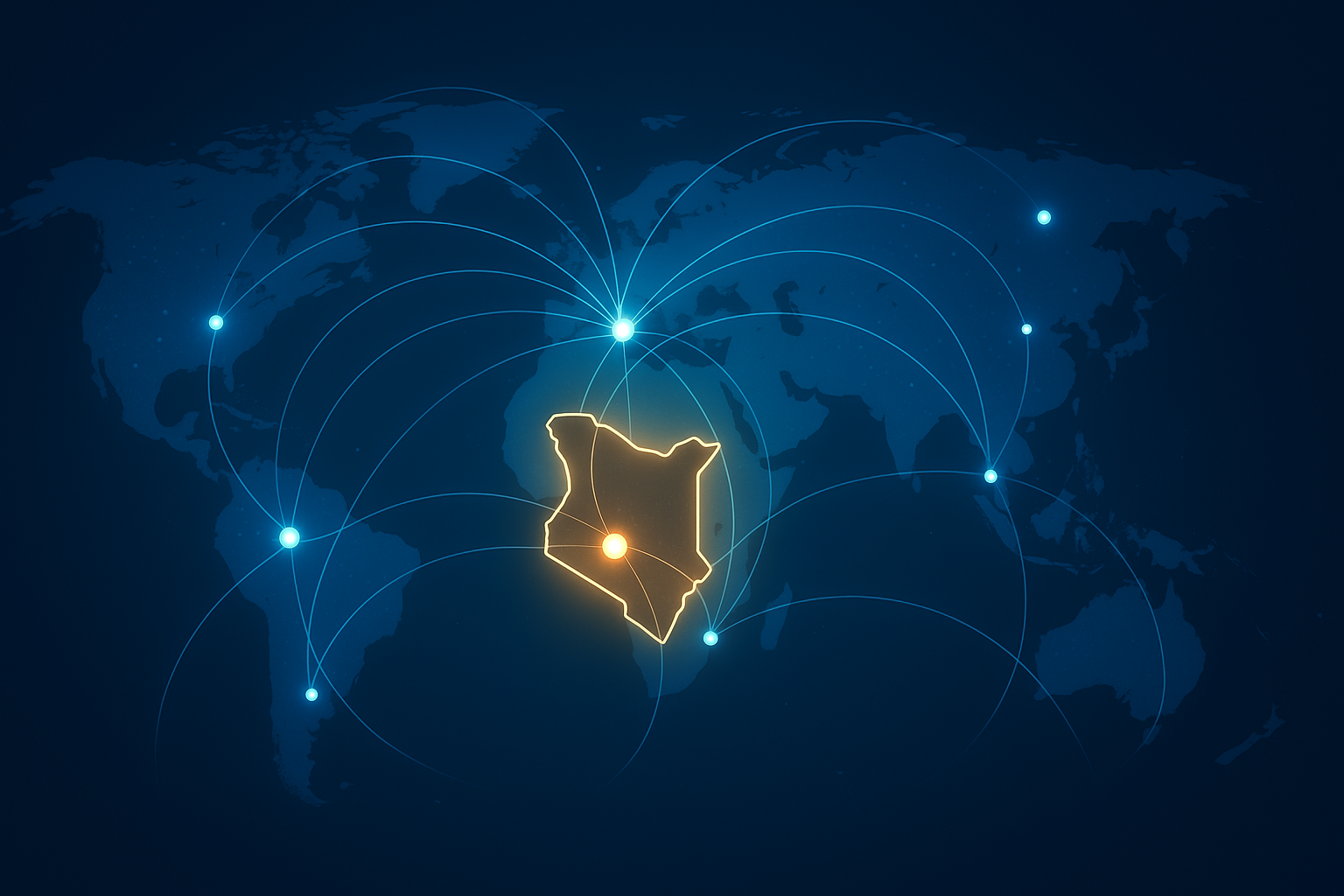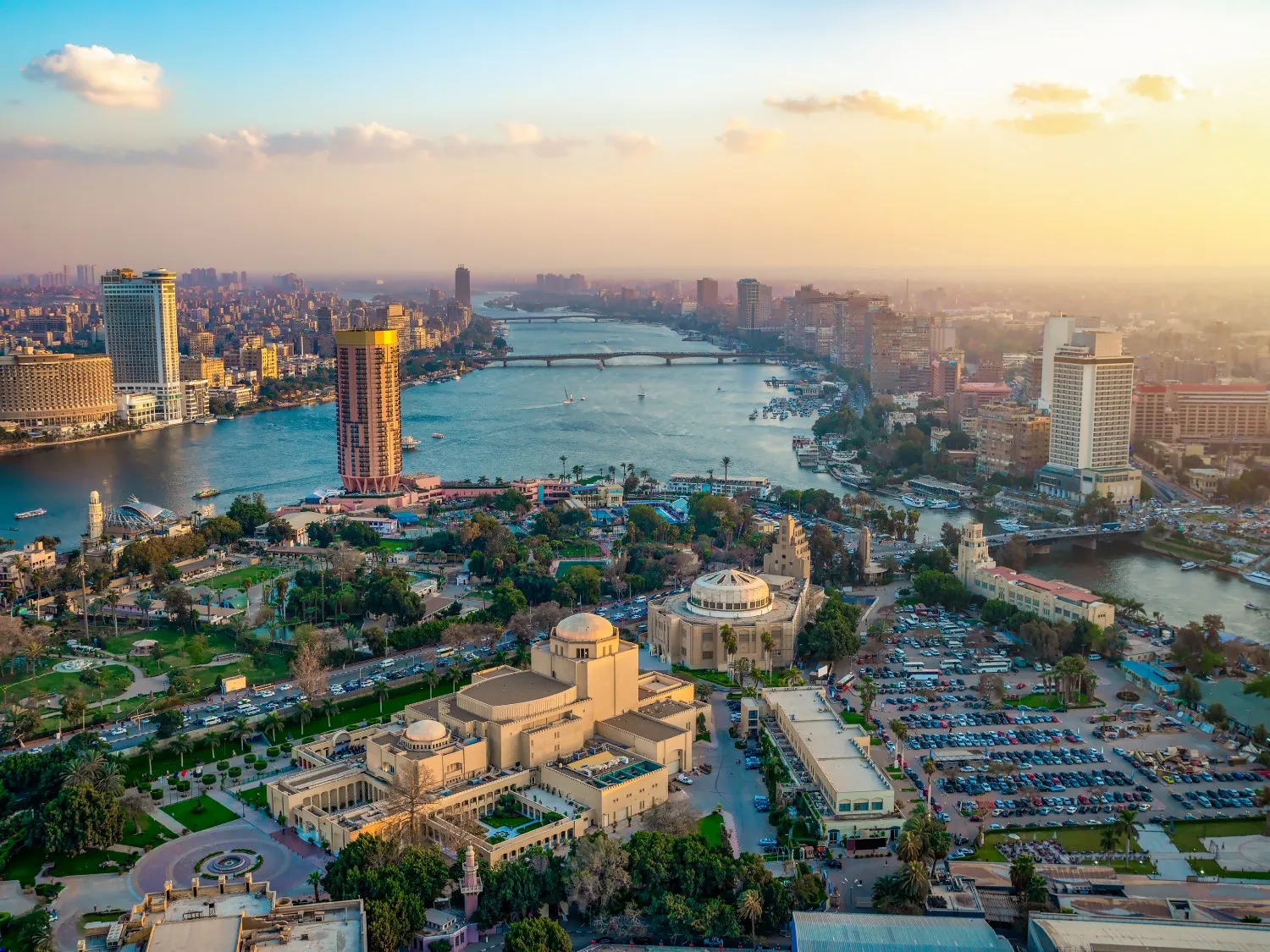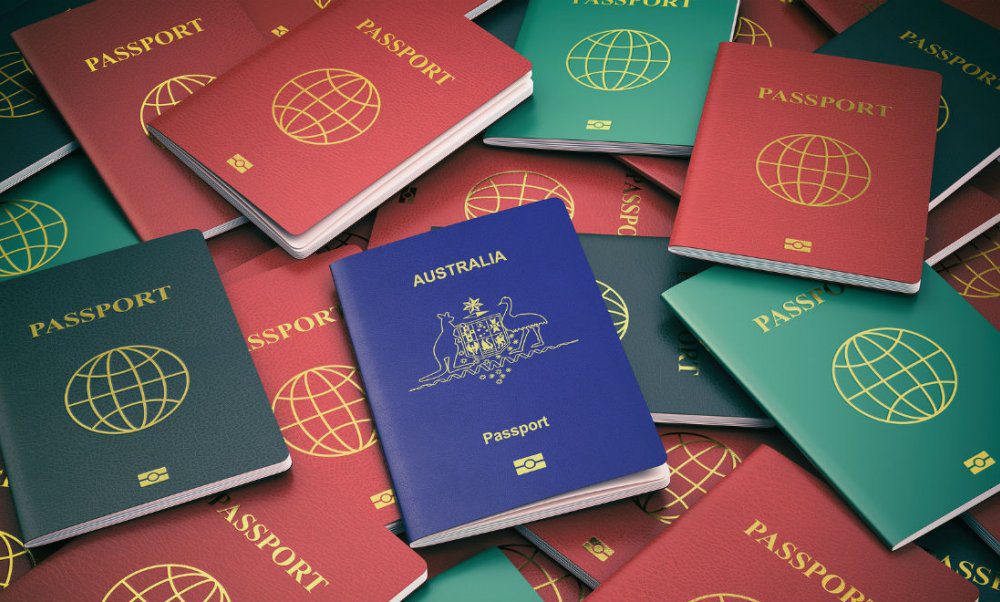Kenya’s travel sector is in the middle of a quiet but unmistakable evolution — and at the heart of that shift is the Kenya Association of Travel Agents (KATA). What was once viewed as a modest administrator of industry standards has, over the past few years, grown into one of the most influential players shaping how the country buys, sells, regulates, and experiences travel.
With rising global travel regulations, escalating operational expenses, and online booking platforms eating into traditional market share, many agents say the timing couldn’t be better. A field that once felt fragmented now increasingly operates like a united front — and KATA is the thread stitching it together.
The Agents’ Secret Weapon
To understand KATA’s transformation, you only need to listen to the people on the ground.
A Nairobi-based agent still remembers the day she nearly closed shop in 2022. A major corporate client had abruptly shifted all travel bookings to an online portal. “We were staring at collapse,” she recalls. “KATA sat with us, helped us rethink our model, guided us through compliance, and even supported discussions with suppliers. They didn’t just advise — they fought for us.”
Hers is not an isolated tale. Across the country, many describe KATA as their “secret weapon” — not because it shields them from competition, but because it levels the playing field in an increasingly complex market.
Partnerships with IATA, AESATA, and tourism boards in Uganda, Saudi Arabia, and Dubai have given Kenya a louder voice in global aviation and travel conversations. Suddenly, decisions about commissions, airline policies, and distribution models, once made far from the continent, now include Kenyan input.
The growing trust is reflected in numbers. Since 2021, KATA’s membership has jumped by 76%. In practical terms, it means agents who once worked in silos now stand under a shared umbrella with access to advocacy, data, protection, and influence. A decade ago, that would have sounded almost far-fetched.
Building Skills and Strengthening the Next Generation
If advocacy is KATA’s shield, capacity building is its engine.
Walk into a KATA training session, and the energy is different. It’s not just about compliance anymore. It’s about preparing Kenyan agencies for a marketplace that moves as fast as its technology.
During a recent Student Symposium at Kenya Utalii College, more than 150 students squeezed into a hall, many perched at the edges of chairs or leaning against walls. As panelists unpacked everything from New Distribution Capability (NDC) to digital travel behaviour, pens flew across notebooks. You could almost see the next generation taking shape in real time.
KATA’s training menu keeps widening: GDS operations, tax matters, destination marketing, cybersecurity, modern retailing, data protection — the list grows with every new disruption in the global travel ecosystem. Agents say the sessions give them confidence in a world where customers now compare prices across five platforms before making a booking.
The association’s Future Leaders Programme is equally notable. Since 2019, more than 90% of its interns have landed roles in travel, tourism, or aviation. In an industry where “getting in” is half the battle, KATA is quietly building a pipeline of young professionals who are digitally native, globally aware, and prepared for a tougher, faster marketplace.
A Fuel Partnership That Redefines Value for Agents
In 2025, a year marked by rising costs, one partnership stood out for its simplicity and immediate value: KATA’s collaboration with Rubis Energy.
Through personalised fuel cards offering KES 4 per litre discounts, travel agencies — many of which spend heavily on transport for visa runs, corporate errands, and airport transfers — are seeing savings they can feel.
A mid-sized Mombasa agency says the programme trimmed its monthly fuel bill by more than 15%. “In this economy, that is not pocket change,” the owner notes.
What elevates the partnership is the extra layer: road safety and fuel-efficiency training. For businesses often operating on thin margins, these savings are not theoretical — they are the difference between breathing room and strain. It is a textbook example of KATA’s shift toward offering tangible, everyday value.
Advocacy Wins and Policy Influence
KATA’s growing assertiveness in policy circles is one of the clearest signs of its evolution.

When IATA proposed a Frequent Remittance Cycle — a move that would have placed immense pressure on agents’ cash flows — KATA rallied the region and blocked it. The association also pushed back against attempts to fragment the Agency Programme Joint Council (APJC), preserving East Africa’s bargaining power.
These may sound technical, but for travel agents, such decisions make the difference between profitability and vulnerability.
The appointment of KATA CEO Nicanor Sabula to the Tourism Regulatory Authority (TRA) Board marked another milestone. For the first time in years, travel agents gained a formal, influential seat at the table where national tourism policies are shaped. The message was clear: travel agents are no longer spectators — they are stakeholders.
Growing Airline Partnerships
KATA’s influence now extends into the airline world, where consistency and relationship management matter.
Airlines, both legacy carriers and newer entrants, are engaging more openly with the association — a shift that agents say has improved everything from dispute resolution to commercial negotiations. The association has pushed for fairer commissions, better GDS access, and the removal of barriers that once left agents operating at a disadvantage.
As one travel manager put it, “If you walk into a negotiation alone, you’re a small business. If you walk in with KATA behind you, you represent an entire industry.”
Environmental Stewardship and Social Impact
In recent years, KATA has woven environmental and social responsibility into its identity.
Through the KATA Cares initiative, members planted over 1,000 mangrove seedlings along the coast — a small but symbolic gesture toward sustaining the ecosystems that make Kenya a global tourism magnet.
The association also continues to mentor students, support internships, and open doors for young graduates who would otherwise struggle to find their footing in the industry. Many credit these programmes with helping them earn their first paycheck in tourism.
A Powerhouse Reborn
Pull the threads together — the advocacy wins, the partnerships, the training initiatives, the airline engagements, the environmental commitments — and a new picture of KATA emerges.
Not just an association. Not just an industry voice.But a stabilising force at a time when travel, globally, feels unpredictable and fast-moving.
As Kenya navigates shifting traveller expectations and global market headwinds, KATA’s leadership is offering something rare: clarity in uncertainty. And as the industry enters a new era shaped by technology, consumer behaviour, and economic realities, one thing is increasingly evident:
KATA has stepped up — and the industry is stepping forward with it.














